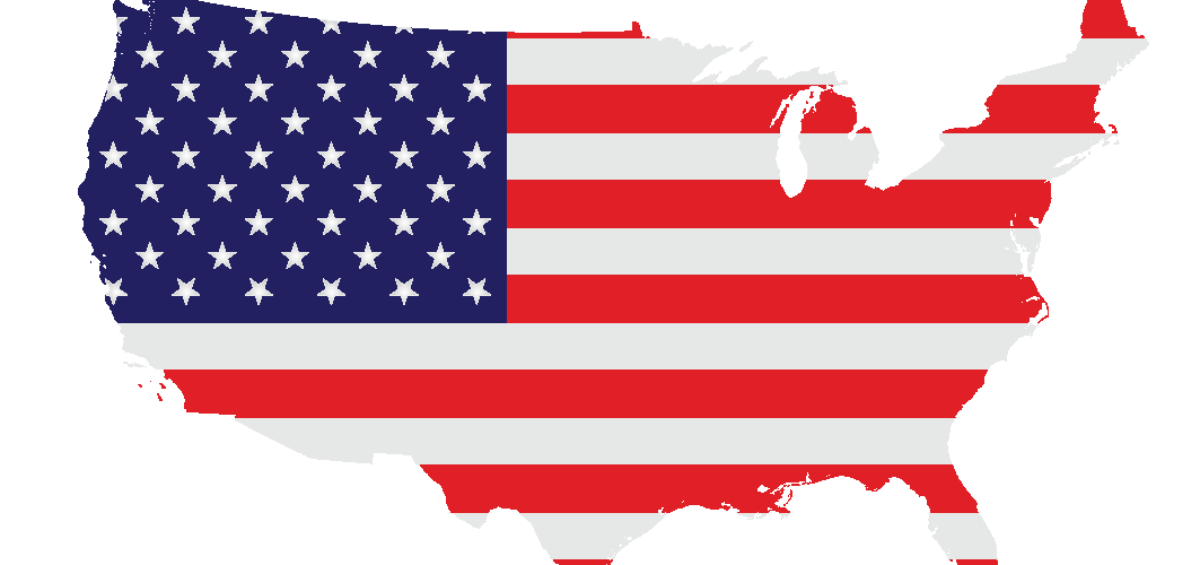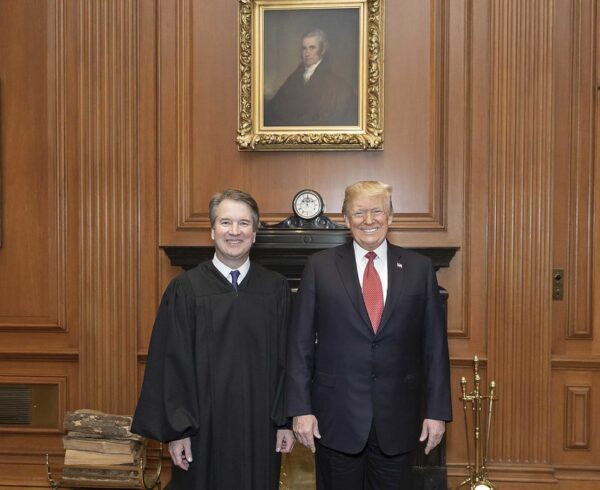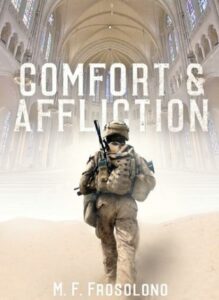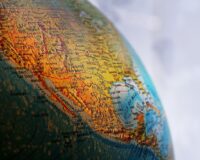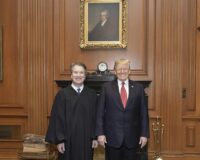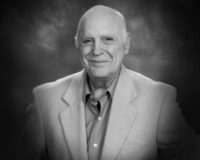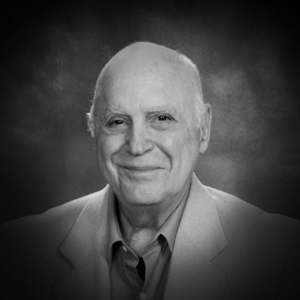My paternal great-grandfather, Frederico Frosolono, most likely was a communist. According to his second son, Antonio, Frederico was a member of a worldwide socialist organization. Great Uncle Tony was an ardent capitalist who became wealthy after coming to the United States. I think Uncle Tony could not bring himself to describe Frederico as a communist because many citizens of the United States considered this economic and political philosophy, as exemplified by Soviet Russia, to be a threat to the survival of our nation. The rampages of Sen. Joseph McCarthy and his sycophants against ostensible communists hiding in our society also probably caused Uncle Tony to dissemble about his father’s political affiliation. Several family sources do reveal that the “socialist” organization sent Frederico to recruit industrial workers into unions under the umbrella of the parent organization based in Europe.
Frederico’s recruitment territory included the eastern seaboard from outside New York State to Florida. Frederico, after coming to the United States alone, subsequently brought his entire family from Italy to join him in this country. The family arrived in the later part of the 19th Century, before records of immigrants were kept at Ellis Island. His organizational efforts apparently met with significant success: An assassin in Montgomery, Alabama, stabbed Frederico; he died several days later at age 37. The death certificate specified the cause of death as peritonitis without mentioning the stabbing. Family legends suggest mill owners, alarmed about Frederico’s activities, hired the assassin but no records exist of subsequent legal actions.
After Frederico’s death, the Frosolono family became thoroughly assimilated into United States society: All family members became citizens, learned and spoke English—even if accented, and became not only self-sufficient economically but also financially well off in some instances. I’m not sure about the family’s devotion to Roman Catholicism, the prevailing religion in Italy. My grandfather—Michael C. Frosolono Sr.—joined the Presbyterian Church after he married my grandmother—Bonnie Ruth Birdsong Frosolono. By the time I joined the family, we were citizens of the United States without much, if any, allegiance to our origins in Italy. Yes, I am aware of my Frosolono heritage without considering myself at all Italian, a fact that disconcerted my Italian friends and colleagues when we lived in the New York City and Cleveland, Ohio, areas. I never felt any compunction to learn the Italian language, although I probably would have enrolled in such classes, if they had been offered at LaGrange (Georgia) High School. I do regret not taking Latin—a story for another day.
I think the Frosolono family demonstrates the well-known wisdom of President Theodore Roosevelt on the subject of immigration into the United States:
“We should insist that if the immigrant who comes here does in good faith become an American and assimilates himself to us, he shall be treated on an exact equality with every one else, for it is an outrage to discriminate against any such man because of creed or birthplace or origin. But this is predicated upon the man’s becoming in very fact an American and nothing but an American. If he tries to keep segregated with men of his own origin and separated from the rest of America, then he isn’t doing his part as an American. There can be no divided allegiance here. We have room for but one language here, and that is the English language, for we intend to see that the crucible turns our people out as Americans, of American nationality, and not as dwellers in a polyglot boarding-house; and we have room for but one soul loyalty, and that is loyalty to the American people.”
I have no problem with immigrants and naturally born citizens who speak Arabic in their religious services and within their families. Similarly, I have no difficulties with my Jewish and Hispanic brothers and sisters who similarly use Hebrew and Spanish. I applaud people who are multilingual; however—and it is a big however—the English language has been one of the greatest unifying forces in this country. Accordingly, I strenuously object to any attempts to “legalize” any language other than English. Yes, I understand the difficulties English poses to many new arrivals, and I am willing for my tax monies to be used to provide translators in the courts and for official legal business. My family learned English back when few Italian-to-English classes were offered outside of some major cities and well before the advent of computerized instruction. Bottom line: Don’t come to the United States if you’re unwilling to learn and speak English outside of your families and houses of worship. Anything less is divisive.
I am not talking about Borg-type assimilation from the several Star Trek television series: “We will add your biological and technological distinctiveness to our own. Your culture will adapt to service us. Resistance is futile.” If immigrants want to retain their cultural distinctiveness, so be it, as long as their primary focus becomes directed on United States citizenship with its benefits and obligations. In some instances, this completion of this process may have to wait for the second- and third-generation progeny of original immigrants.
Assimilation, such as what occurred with the Frosolono family, does not necessarily mean giving up on heritage, although my Italian heritage has little meaning to me: I am a citizen of the United States. Yes, I enjoyed being in Italy on the two trips I took to that sometimes-enchanting country. I have no desire to live in Italy and even less desire to incorporate Italian customs into my segment of the Frosolono family: Not many Frosolonos are left; however, an Internet search suggests many possible derivations and perhaps “relatives” or “branch kin.”
Moving on from language, I have no patience and no empathy for attempts to delineate areas in this country as “religion specific.” For instance, conservative Jewish towns in New York State should not be allowed to close their streets to automobile traffic on the Jewish Sabbath. Furthermore, no areas in the United States should be reserved only for Muslims, and Sharia Law should not be allowed to function, even if stated to be outside the official legal system.
Finally, for this post, I abhor attempts by politicians and others to “demonize” any religious groups or persons. Such efforts are beneath our allegiance to the Constitution of the United States and do not lead to unity within this country. We certainly can inveigh against speech and actions that promote violent overthrow of our Constitution and danger to our citizens. Yes, I consider Islamic State to be an existential threat to the United States; that is, a menace to our very existence. Nevertheless, demonizing Islamic State could easily result in unsavory outcomes: (1) Making Islamic State terrorists appear to be more potent than they are in reality, and (2) Creating disruptive disunity among our citizens that will help Islamic State in its nefarious goals. Of course, we can—and we should—use all our legal and military forces against Islamic State without impugning all Muslims as terrorists, which will be the subject of a subsequent column.
